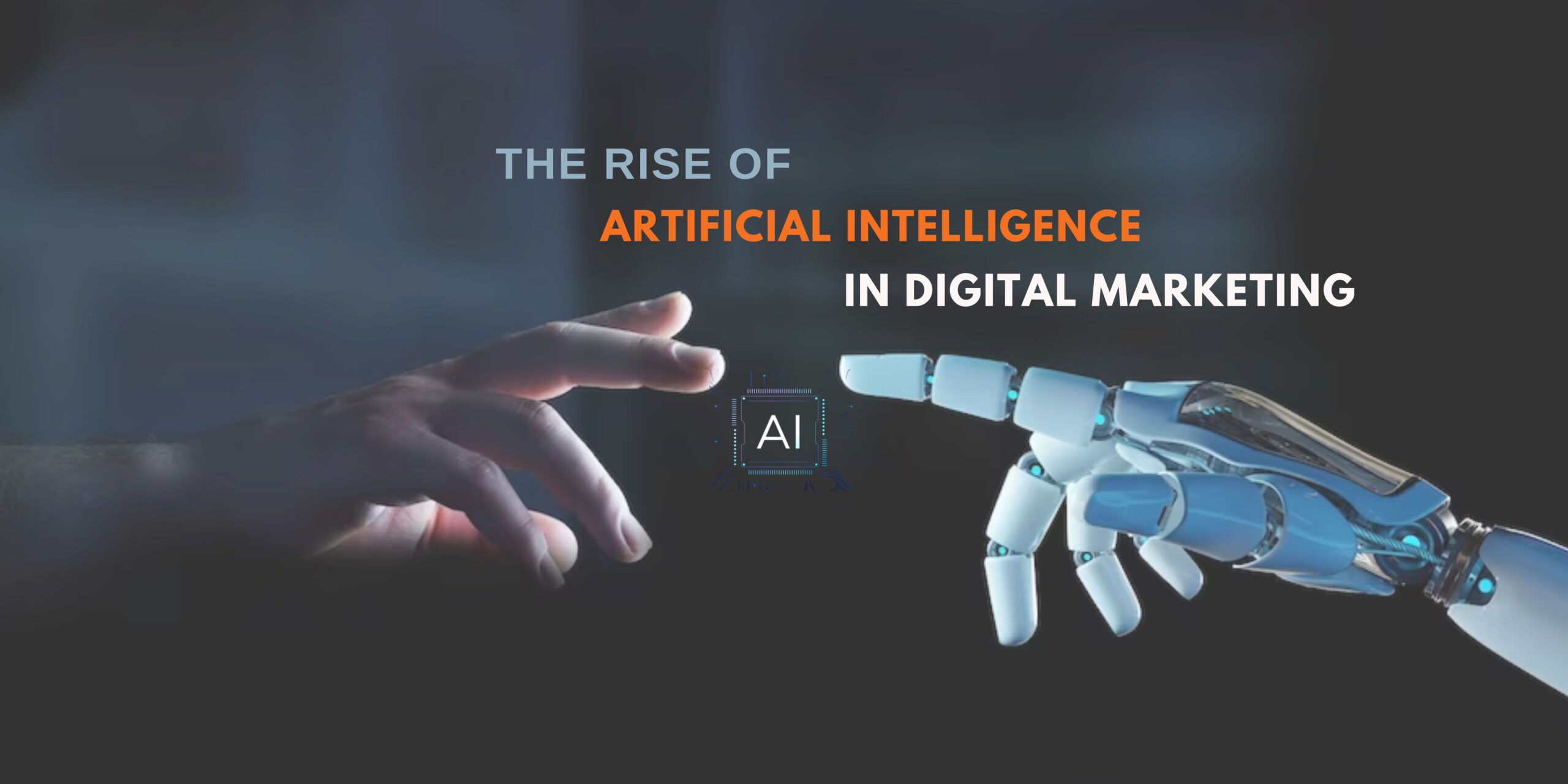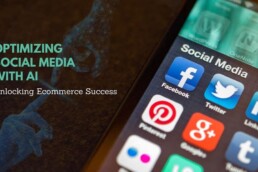
Artificial intelligence (AI) is rapidly transforming the way businesses operate across various industries. One such industry is digital marketing, where AI is being utilized to streamline processes, analyze data, and optimize campaigns. Artificial Intelligence (AI) and digital marketing have a close relationship. AI is allowing marketers to make better decisions and provide a more personalized experience to consumers. In this post, we will discuss the various ways in which AI is being used in digital marketing and its impact on the industry.
Applications of Artificial Intelligence in Digital Marketing
Artificial Intelligence (AI) is revolutionizing the way digital marketing works. With its ability to analyze large amounts of data quickly and accurately, AI is helping marketers improve customer experiences and increase engagement. Here are some of the key applications of AI in digital marketing:
- Customer Segmentation:
AI algorithms can analyze data on consumer behavior to create customer segments based on their interests, needs, and behaviors. This allows marketers to provide more targeted and personalized experiences to consumers, improving engagement and conversion rates.
- Chatbots:
AI-powered chatbots can provide customers with real-time assistance, 24/7. They can answer frequently asked questions, handle complaints, and even process orders, providing a seamless customer experience.
- Predictive Analytics:
AI-powered predictive analytics is enabling marketers to anticipate consumer behavior, allowing them to create targeted marketing campaigns that are more likely to resonate with customers. Predictive analytics can also help marketers optimize pricing, product placement, and promotional offers.
- Content Creation:
AI is being used to create content, from generating headlines to writing entire articles. This can save marketers significant amounts of time and money, though the content produced by AI may lack the creativity and nuance of human-generated content.
- Personalization:
AI is enabling marketers to provide more personalized experiences to consumers by analyzing data on consumer behavior. Marketers can use this data to provide personalized recommendations, offers, and content that resonates with individual consumers, increasing engagement and loyalty.
- Ad Targeting:
AI algorithms can analyze consumer behavior and interests to target ads to specific audiences. This allows marketers to create more effective ad campaigns and reduce ad spend.
- Sales Forecasting:
AI can analyze data on past sales and consumer behavior to predict future sales and revenue. This helps marketers make better decisions about inventory, pricing, and promotional offers.
Challenges in Adopting AI for Marketing
Adopting AI for marketing can bring significant benefits, but there are also several challenges businesses may face:
- Data Quality:
AI requires large amounts of high-quality data to function effectively. Many businesses struggle to collect and maintain this data, which can hinder their ability to implement AI solutions. - Integration:
AI often requires integration with existing systems, such as customer relationship management (CRM) or marketing automation software. This can be a complex and time-consuming process, especially for businesses with legacy systems. - Cost:
Implementing AI for marketing can be expensive, especially for smaller businesses. This includes the cost of acquiring and maintaining the necessary hardware and software, as well as the cost of training employees to use AI tools effectively. - Privacy Concerns:
AI requires access to customer data, which can raise privacy concerns. Businesses must take steps to ensure that customer data is protected and used in accordance with relevant regulations and industry best practices. - Expertise:
Implementing AI for marketing requires specialized skills and expertise. Many businesses may not have the necessary talent in-house, which can make it difficult to implement AI solutions effectively. - Ethical Considerations:
AI can raise ethical considerations, such as bias in algorithms and the potential impact on employment. Businesses must consider these issues when implementing AI solutions to ensure that they align with their values and do not harm their stakeholders.
Overall, while AI can bring significant benefits to marketing, businesses must be prepared to address these challenges to ensure a successful implementation.
Conclusion
Artificial Intelligence has transformed the way we approach digital marketing. By leveraging AI tools such as chatbots, personalized recommendations, and predictive analytics, businesses can optimize their marketing strategies and improve customer experiences. While AI can automate many tasks, it is essential to remember that human touch and creativity are still critical components of effective digital marketing. AI can enhance and augment our efforts, but it cannot replace the human touch that is necessary for building relationships and creating meaningful connections with customers. Ultimately, the successful integration of AI into digital marketing requires a balance between technology and human expertise.
Call: +91 91525 13159 or Email: sachin@ambestbrandcom.in




